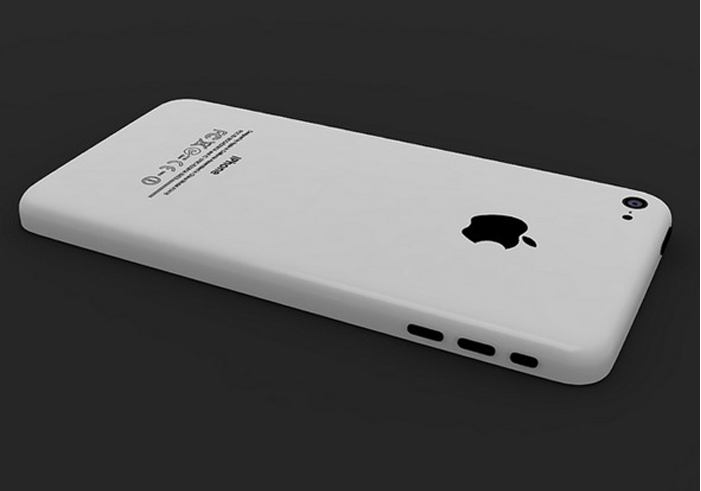
The Apple iPhone, the first device to really start the smartphone era, has always been known for selling "premium" handsets (or in the very least, selling phones for a premium price). After all, it was the phone that broke away from the "just communications" mold that other platforms like BlackBerry and Windows Mobile were more well-known for at the time. The iPhone introduced the power of applications and graphic intense functionality in a phone, which clearly took off as the mobile phone market is now saturated with devices and platforms that work very similarly to how iOS works.
The iPhone was the best of its kind at the time of release - mostly because it was the only one of its kind, but like any other successful product that dominates a market, before long you're going to have some competition pop up along the way. A little over a year after the iPhone was introduced, the first Android handset hit the market in October of 2008. Although many would agree that it was arguably less functional than iOS (less apps, not as smooth, more bugs) Android definitely showed promise in its future. As the years passed by, the differences between Android and iOS grew, but both stayed on the same path to success. Android devices would pop up in every sort of range, from premium to cheap and made by many different OEMs; the iPhone followed a simpler route by releasing just one new model each year, which featured various amounts of storage.
It is now 2013. Apple was unquestionably the reigning king for quite some time, but starting in May of 2013 the combined sales of the Galaxy S 4, the Galaxy S III, and the Galaxy Note II helped Samsung take the throne from Apple by having the most smartphone sales in the United States. This isn't to say that Apple isn't doing well for itself by any means; Apple still hold the most phone sales at AT&T. However, rumor has it that Apple may have another trick up its sleeve in the coming months to regain the throne: creating iPhones made out of cheaper materials.
Although iOS is considered one of the most reliable platforms by many, the hardware of the iPhone is also considered one of the most premium. It's been argued that if Apple decides to take the route of creating iPhones made out of cheaper material, such as plastic, that the move would taint the "eliteness" of the iPhone. I, on the other hand, wouldn't be too sure about that.
After all, take a look at Samsung. Sure, they get ragged on all the time for deciding to use plastic to house their phones, but then you have to take a look at their sales. They're doing pretty well for themselves, presumably because they do offer so many different models of phones. Would Samsung be doing just as well as Apple if they had only released the Galaxy Note line of devices, or if they just released the Galaxy S line of devices? Maybe, but since that's now how things worked out it does seem as if the release of multiple flagship devices is what pulled Samsung ahead of Apple.
To me, it doesn't seem like Apple has much to lose should they decide to release a cheaper iPhone. Although I've always thought that with each new generation of iPhone being released and the previous version dropping $100 in price was good enough, perhaps sales say otherwise. I suppose it might throw some people off knowing that the phone is about a year old at the time, and who really wants to waste their upgrade on year-old technology? A cheaper iPhone might not necessarily mean terrible specs, either. I imagine a cheaper iPhone would mean that the materials are cheaper to purchase, but the specs would be "in between" when it comes to comparison between last year's iPhone and this year's iPhone.
It's hard to tell exactly what a cheaper iPhone would entail, but I can't call the idea "terrible" without seeing what the entire idea entails. I will say that I think Apple is well within their means to give the opportunity a shot; I wouldn't think any less of them for creating a cheaply made iPhone.
Readers, what are your thoughts on the idea? Do you think that an iPhone made out of cheap materials would tarnish the brand, or would it open up new opportunities for Apple?
Image via Redmond Pie